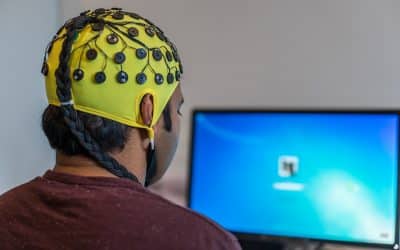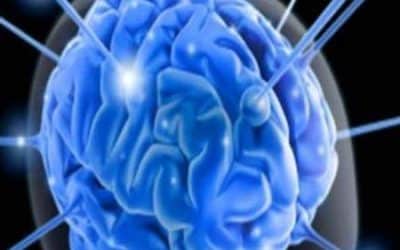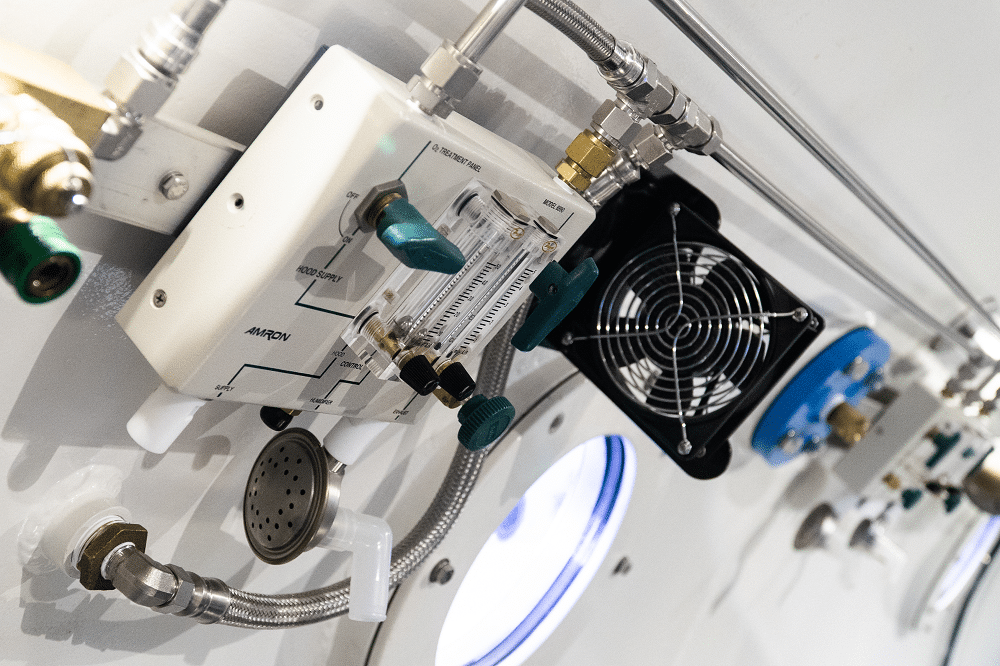HBOT Research
Hyperbaric Oxygen Therapy (HBOT) is increasingly appearing in new research as a treatment for a variety of conditions involving inflammation. Use the search or select an article below to to keep up to date on the most recent HBOT Research.
Recent Hyperbaric Oxygen Therapy (HBOT) Research
Beta wave enhancement neurofeedback improves cognitive functions in patients with mild cognitive impairment: A preliminary pilot study
Abstract Background: Mild cognitive impairment (MCI) is a symptom characterizing cognitive decline and a transitional state between normal aging and dementia; however, there is no definitive diagnosis and treatment for MCI. Neurofeedback (NF),...
ALS Genetics, Mechanisms, and Therapeutics: Where Are We Now?
Abstract The scientific landscape surrounding amyotrophic lateral sclerosis (ALS) continues to shift as the number of genes associated with the disease risk and pathogenesis, and the cellular processes involved, continues to grow. Despite decades...
The role of pulsed magnetic fields in the management of concussion and traumatic brain injury
Abstract Traumatic brain injury (TBI) is a complex clinical phenomenon. (Raji) The classic designations of mild, moderate, or severe TBI are based on the acute clinical presentation and do not necessarily predict the long-term outcome. The long...
Is There an Association Between Hyperbaric Oxygen Therapy and Improved Outcome of Deep Chemical Peeling? A Randomized Pilot Clinical Study.
Abstract: Phenol chemical peeling (PCP) treatment is associated with prolonged recovery and sustained adverse events. Hyperbaric oxygen therapy (HBOT) is known to accelerate wound healing. The purpose of the current study was to evaluate the effect...
Hyperbaric Oxygen Preconditioning Can Reduce Postabdominoplasty Complications: A Retrospective Cohort Study
Abstract Background: Hyperbaric oxygen therapy (HBOT) can improve wound healing and has been found to have positive preconditioning effects in animal models. Among esthetic surgical procedures, abdominoplasty poses the highest rate of postoperative...
Exercise-mediated regulation of autophagy in the cardiovascular system
Abstract Cardiovascular disease is the leading cause of human death worldwide. Autophagy is an evolutionarily conserved degradation pathway, which is a highly conserved cellular degradation process in which lysosomes decompose their own organelles...
Perioperative Vitamin C and E levels in Cardiac Surgery Patients and Their Clinical Significance
Abstract Background: Oxidative stress contributes to organ dysfunction after cardiac surgery and still represents a major problem. Antioxidants, such as vitamins C and E might be organ protective. Methods: The primary objective of this prospective...
Protective Effect of Hyperbaric Oxygen Therapy on Cognitive Function in Patients with Vascular Dementia
Abstract Recent studies have shown that hyperbaric oxygen (HBO) has a therapeutic effect on vascular dementia (VD); however, the exact mechanism remains unclear. This article aims to reveal the protective effects and underlying mechanisms of HBO on...
Small Vessels Are a Big Problem in Neurodegeneration and Neuroprotection
Abstract The cerebral microcirculation holds a critical position to match the high metabolic demand by neuronal activity. Functionally, microcirculation is virtually inseparable from other nervous system cells under both physiological and...









